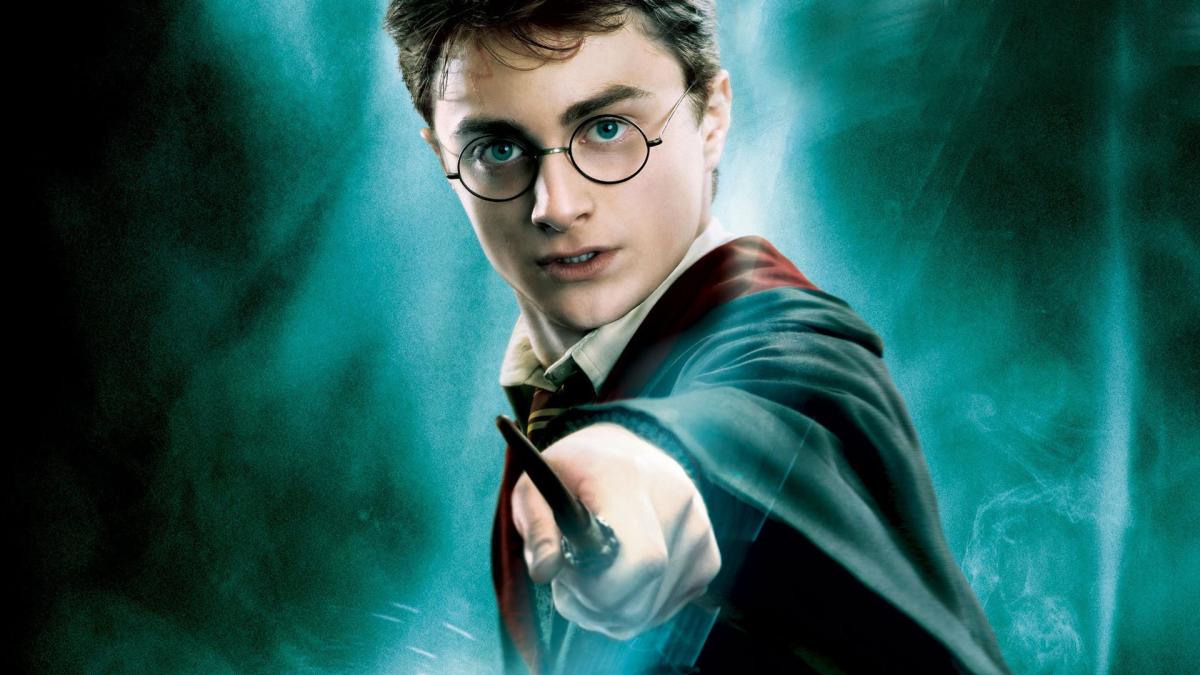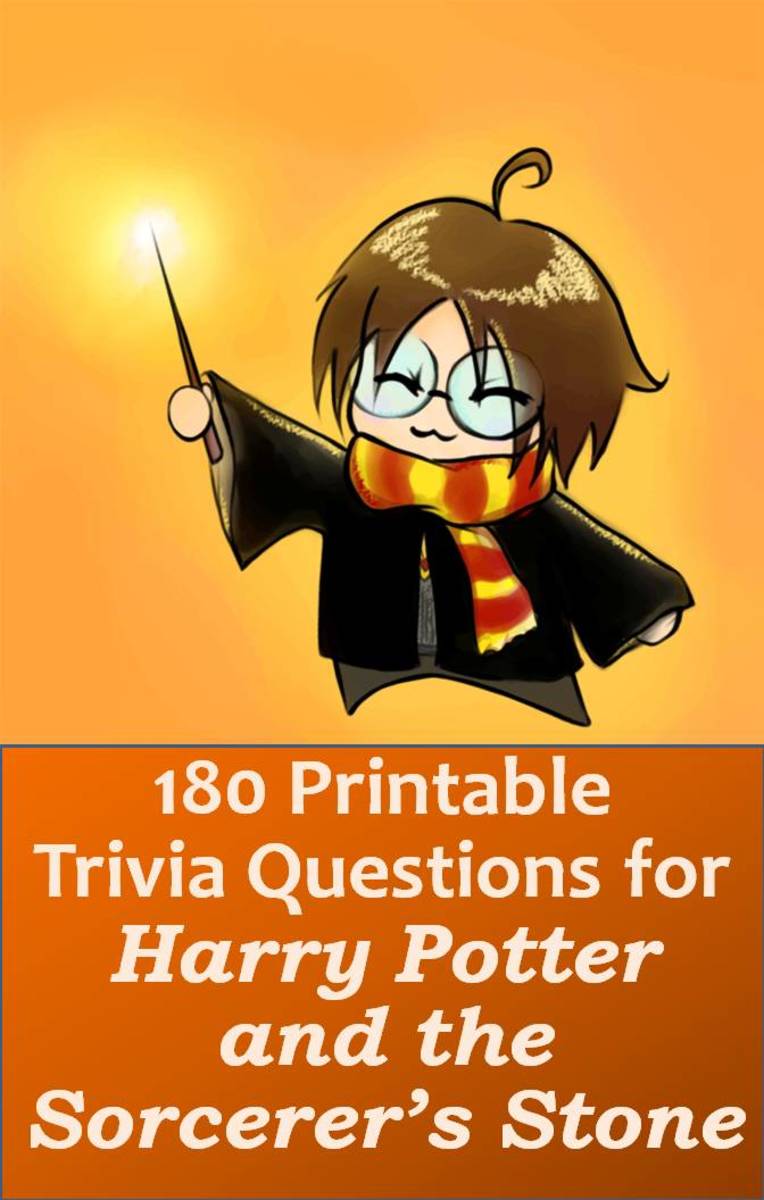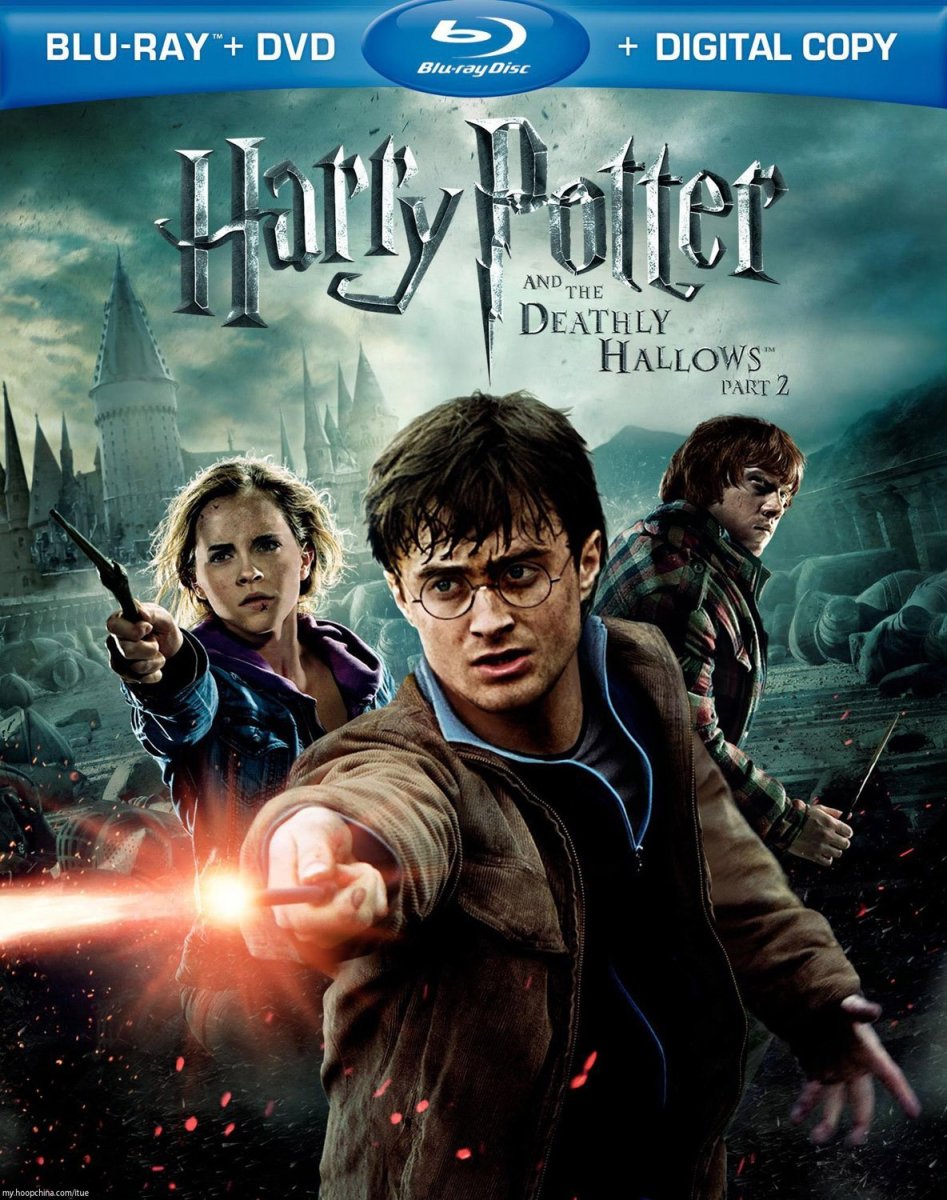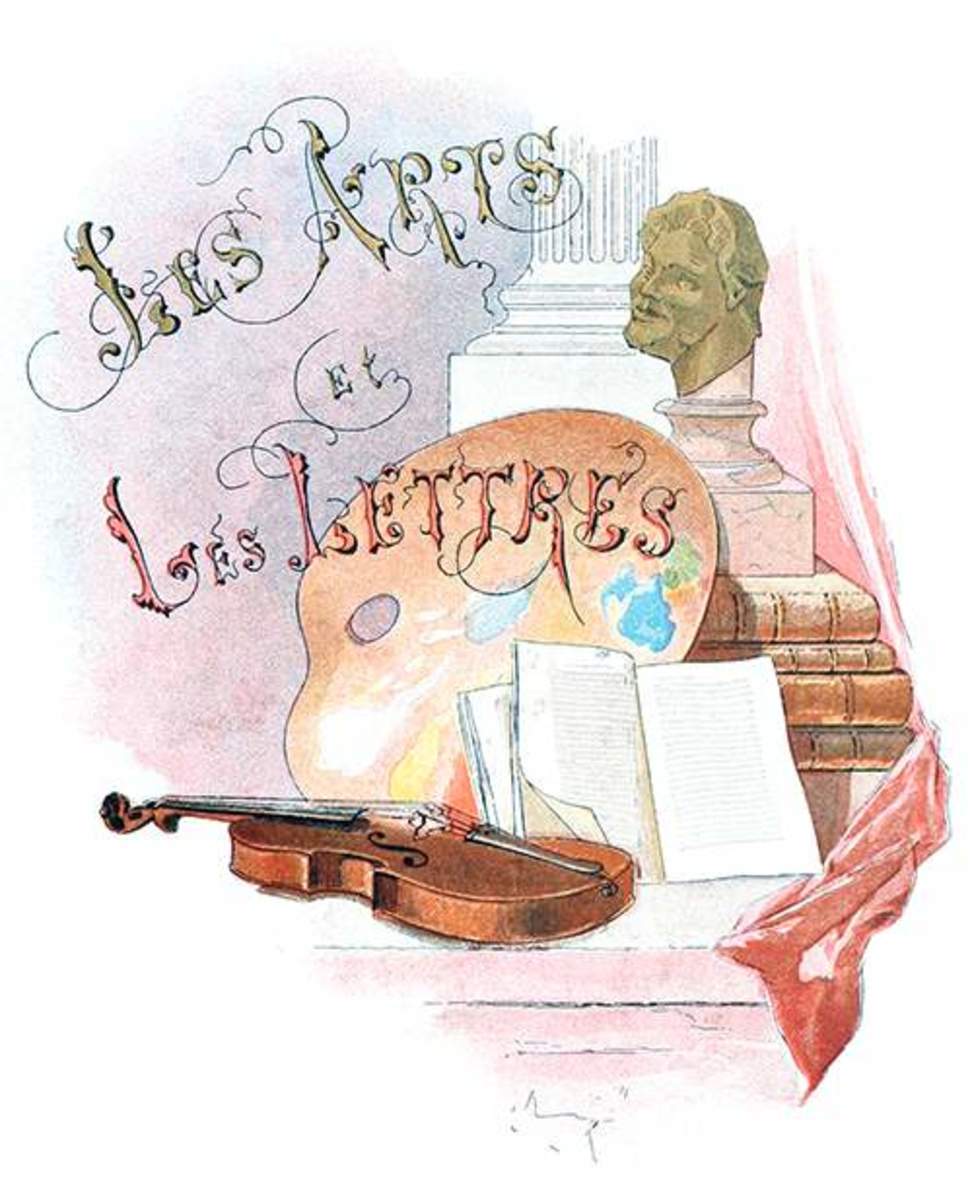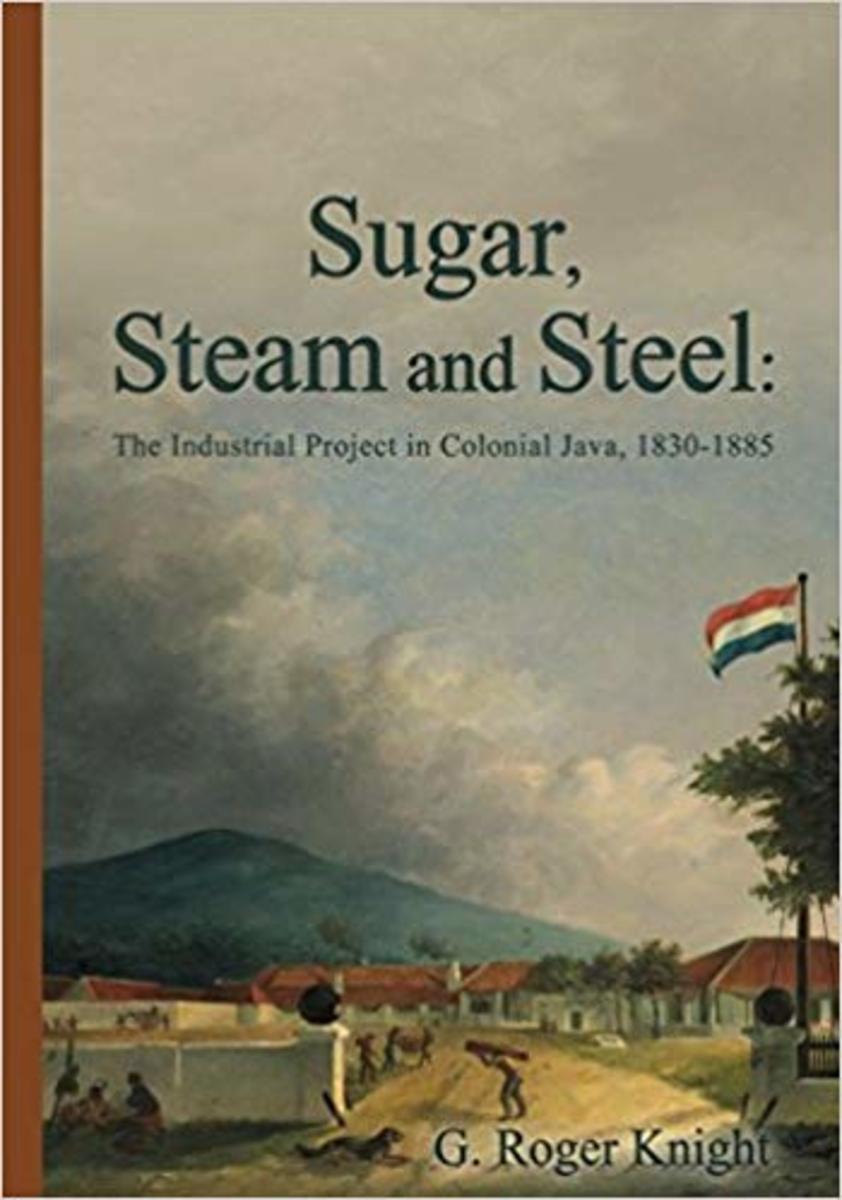Growing up With Harry Potter
Harry Potter and the Philosophers' Stone
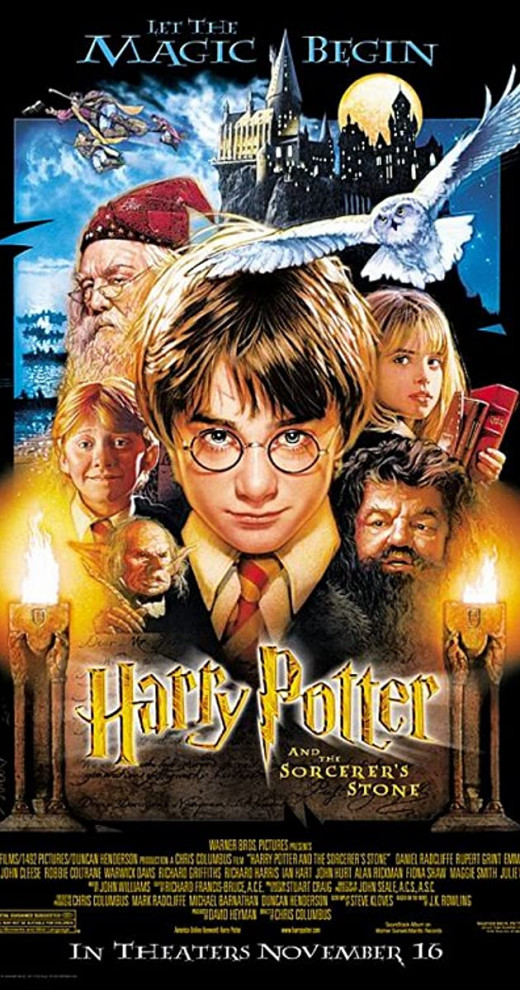
Growing up with Harry Potter
It all started when my older sister brought the book 'Harry Potter and the Philosopher's Stone' into the house. She began to tell us how beautiful and compelling it has been and slowly Harry brought us closer to his magical world. I was - and still a little bit - a shy and clumsy girl, scared of everything and everyone. But thanks to Harry Potter I started to come out of my shell and face my fears.
This was the premise to start explaining the reasons why, in my humble opinion, a child should grow up watching or reading Harry Potter.
First book or movie
In the first book ( or movie ) we find ourselves catapulted into a family who cares little about Harry, bit who later learns that he, likes his parents, is a wizard and will attend Hogwarts' School of Magic and Whitchcraft. So the Dursleys start freaking out saying that he will never go there, until the gamekeeper of the school Rubeus Hagrid intervenes, who after making a pig tail appear with his wand to Harry's cousin, tells Harry that he will accompany him to Diagon Alley the next day to buy the things for the first day of school.
Analyzing this paragraph I can safely say that the Dursleys represent the human fear of the unknown, of the different, of not being able to accept something different from them.
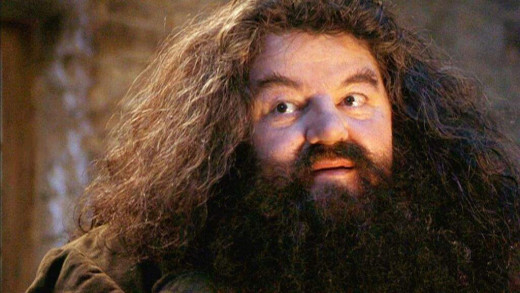
Second book or movie
In the second book ( or movie ) after getting to know his two new best friends - Ron and Hermione - and defeating Voldemort for the second time, Harry turns again to Privet Drive where a strange creature ( Dobby the elf) appears to him and warns him not to go back to Hogwarts. Harry skeptical will not listen to him and this will lead to various events that will culminate with Harry locked in the basament by his uncle Vernon; he will later be saved by Ron and his two Twain brothers, Fred and George.
Here, for me Ron represent true friendship and loyalty.
At the end
With this sentence I conclude this article by saying that Harry Potter is absolutely not only for children, on the contrary it also help adults to understand what worries children and teenagers , combining the world of adults with that of the little one.

